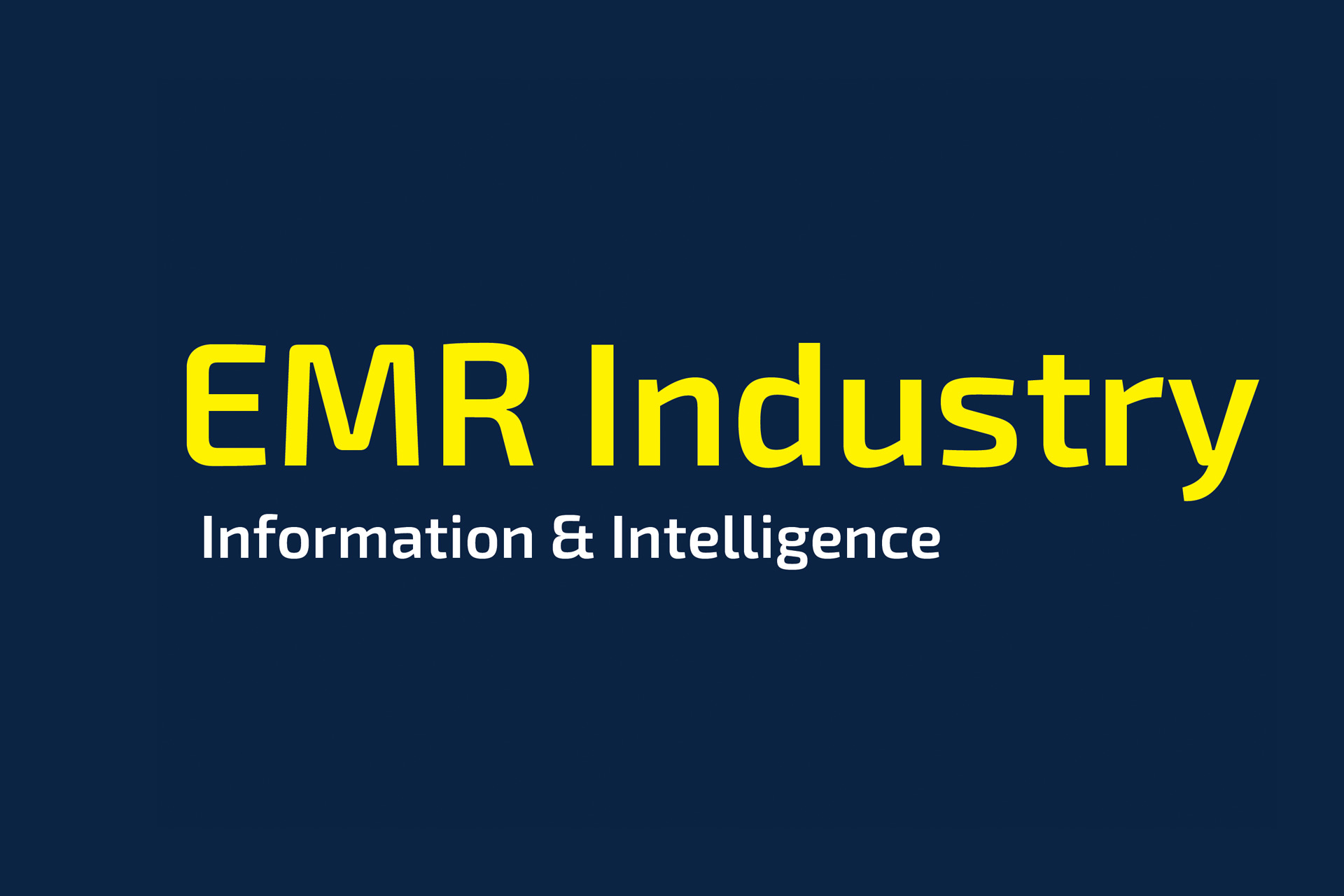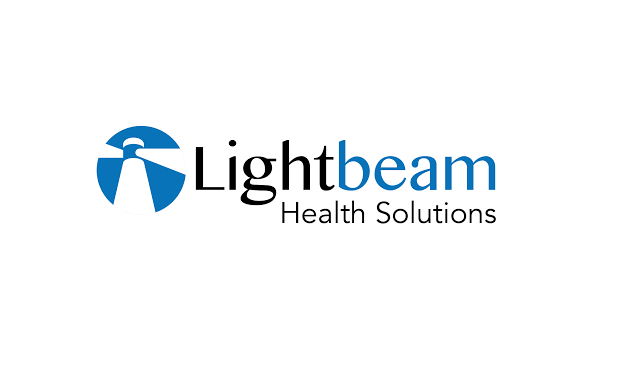5 Ways Doctors Can Provide Great Post-Op Care to Patients
Being a doctor is difficult enough, but post-op care might be one of the job’s most important and demanding aspects. You’re responsible for the well-being of your patients and their families, who are often worried and stressed during this time. Here are five ways you can provide great post-op care to your patients and their families.
Keep Communication Open
Your patients and their families want to know what’s going on, so keep the lines of communication open. Give them regular updates on their loved one’s condition and be available to answer any questions.
When delivering bad news, be honest but gentle. And, always remember that it’s okay to say you don’t know the answer to something—you can always find out and get back to them. Likewise, if you make a mistake, it is advisable to apologize. Honesty and transparency go a long way in gaining trust.
It would be best if you also strived to create a relationship of mutual respect with your patients and their families. Treat them in the same way you would want to be treated—with kindness, compassion, and understanding.
Make a Follow-Up Appointment
After your patient is discharged, make sure you schedule a follow-up appointment. This allows you to check their progress and see how they heal. It also allows them to ask any questions or voice any concerns they might have.
During the follow-up appointment, do a physical examination and order any necessary tests. You should also take some time to review their medications and make sure they’re taking them as prescribed.
If you realize that the patient is not healing as well as they should be, don’t hesitate to readmit them. The sooner you catch a problem, the easier it will be to treat.
Educate Your Patients
Your patients will likely have many questions about their condition, their medication, and what they should expect in the coming days and weeks. Take the time to educate them on all aspects of their care. During this period, be patient and understanding—they’re likely feeling scared and overwhelmed.
You can also provide them with educational materials, such as pamphlets or websites, to take home. And if you have any recommendations for lifestyle changes, make sure you share those as well.
The more information you can give your patients, the better equipped they’ll be to care for themselves and make informed decisions about their health.
Coordinate with Other Caregivers
If your patient is being cared for by multiple caregivers, it’s important to coordinate their care. This includes family members, home health nurses, and therapists. Ensure everyone is on the same page about the patient’s condition, medications, and care plan. This will help to avoid any confusion or duplication of services. You should also have a system in place for sharing information between caregivers. This can be as simple as a daily phone call or email update.
If you can have a remote patient monitoring system in place, that’s even better. This allows you to keep track of your patient’s vital signs and other health data from afar. The monitoring service should also be able to alert you if there are any changes in the patient’s condition. You can also use remote monitoring software like MirrorMe3D to keep track of your patient’s condition. Such a system can be very helpful, especially if your patient is in a remote location.
Be Available 24/7
Patients and their families often have questions or concerns outside normal business hours. That’s why it’s important to be available 24/7. You can provide your patients with your cell phone number and encourage them to call or text you anytime, day or night. You should also make sure someone is always available to answer the phone in your office.
If you have an after-hours answering service, make sure they know how to reach you in an emergency. This service should also be able to answer any non-urgent questions your patients might have. However, if a question is beyond the scope of their knowledge, they should know how to reach you so you can provide the answer.
Great post-op care is essential for ensuring your patients have a positive experience and a successful outcome. Following these tips can provide the best care for your patients. The better you look after them, the better your reputation will be—and the more referrals you’ll receive.



































